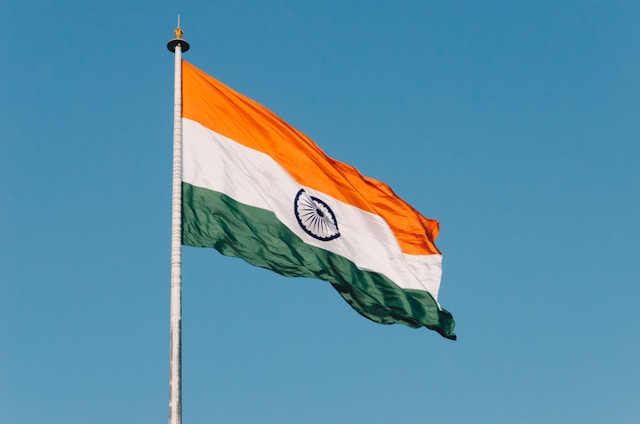Diplomacy between Canada and India has thawed, but the spring melt reveals more than just fresh opportunities—it exposes the persistent demand for vigilance against foreign interference lurking beneath the surface.
The return of high commissioners marks a tentative new chapter in the Canada-India relationship, one inked not with grand promises but with cautious optimism. Just months ago, both countries ejected their top diplomats after Canada’s RCMP accused Indian agents of orchestrating violence and sowing chaos on Canadian soil. The killing of Hardeep Singh Nijjar in British Columbia remains a raw nerve, a symbol of the risks entangled with cross-border politics. The G7 summit in Alberta became the unlikely backdrop for Prime Minister Mark Carney and Prime Minister Narendra Modi to broker a diplomatic reset. They shook hands, discussed transnational crime, and considered reopening visa services—essential for families, businesses, and students caught in the diplomatic crossfire.
Beneath the civility, unease lingers. Canada’s intelligence agency, CSIS, wasted no time cautioning that India remains a major source of foreign interference, specifically pointing to ongoing efforts within Canada’s political system and cultural communities. Their latest report leaves little room for ambiguity: “Canada must remain vigilant about continued foreign interference conducted by the Government of India.” The spectre of the Khalistan movement—a flashpoint for both governments—continues to drive Indian activity on Canadian soil, drawing attention from public safety officials and pushing local leaders, including B.C.’s Premier David Eby, to seek new security designations for alleged criminal groups.
For the high commissioners tasked with mending bilateral ties, the path ahead is tightrope-thin. Visa talks may resume, supply chains may strengthen, but trust is harder to import. Even as both countries weigh the benefits of renewed engagement, the necessity for vigilance against foreign interference is not a footnote—it is the headline. The lesson for Barrie, and indeed all of Canada, is this: warm smiles at the diplomatic table do not negate the demand for constant, clear-eyed scrutiny where national security is concerned.
References:
Canada, India agree to re-establish high commissioners after G7 meeting
Canada ‘must remain vigilant’ about Indian foreign interference, CSIS report cautions

